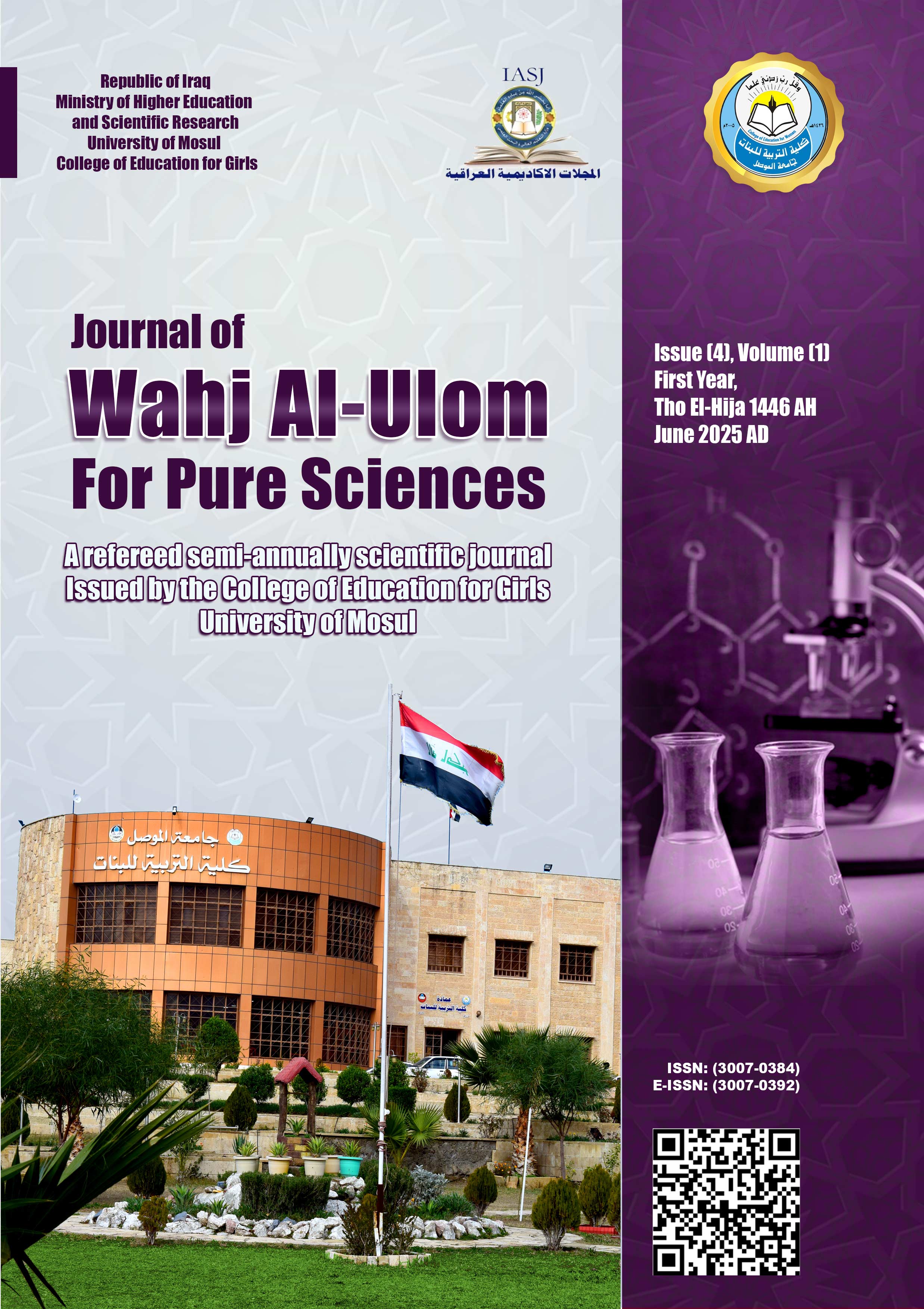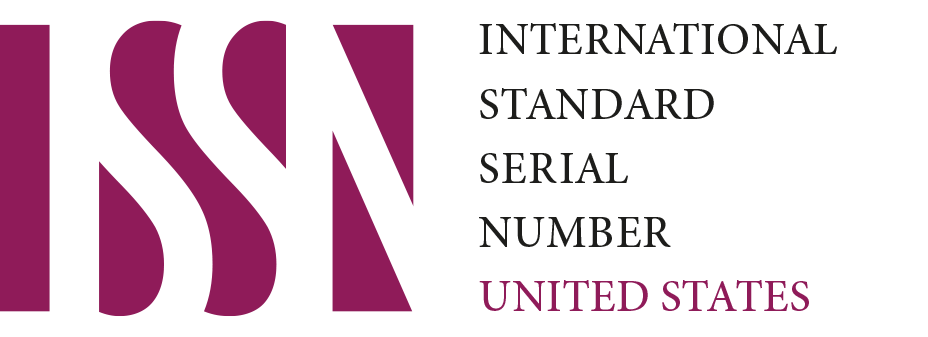Authorship
The authorship system is the foundation for assigning both responsibility and credit for the intellectual content of published works. Accountability cannot be separated from recognition, and authorship is based on providing an accurate and factual account of the research process. Authorship requirements apply to all forms of scholarly output, including text, data, and images, whether in print or digital formats. Authorship also entails full accountability for the published work, and it is granted only to individuals who have made substantial intellectual contributions and who fully understand their scientific and ethical responsibilities regarding the published material.
Criteria for Authorship
The list of authors should include only those who have made significant intellectual contributions to all stages of the research underpinning the paper, including formulating the research question, study design, data analysis, interpretation of results, and preparation of the final manuscript. Authorship should be limited to those who have genuinely advanced scholarly knowledge. Contributions such as technical assistance, text translation, sample identification, material provision, funding, or administrative oversight do not qualify for authorship, though they may be acknowledged in the "Acknowledgments" section. One author (the "guarantor") should take overall responsibility for the integrity of the entire work. The corresponding author typically submits the manuscript and handles communications, although this role can be assumed by another author. All authors must approve the final draft before submission for publication.
Number of Authors, Order of Names, and Dispute Resolution
The AREJ editorial board does not impose a maximum limit on the number of authors for submitted manuscripts. Collaborative works, particularly those involving contributors from different institutions, often enhance the scientific and literary quality of the paper. In cases of multiple authorship, a dedicated section titled "Authors’ Contributions" should be included to outline each author’s role in the study. Each listed author must meet the minimum authorship criteria, and the Editor-in-Chief may request detailed justifications for each inclusion or remove names found to be unjustified. The order of authors’ names should be decided collectively by the authors themselves, as they are best positioned to determine the nature of their contributions. Authorship disputes should ideally be resolved internally before peer review begins. Any changes to authorship order or the removal of an author at any stage of review, acceptance, or publication must be accompanied by a formal, written agreement signed by all original authors.
Conflict of Interest
Authors must include a section titled "Conflict of Interest" at the end of the manuscript, before the references, clearly disclosing any potential conflicts related to the submission, peer review, acceptance, or funding of the work. This statement must be approved by all contributing authors


